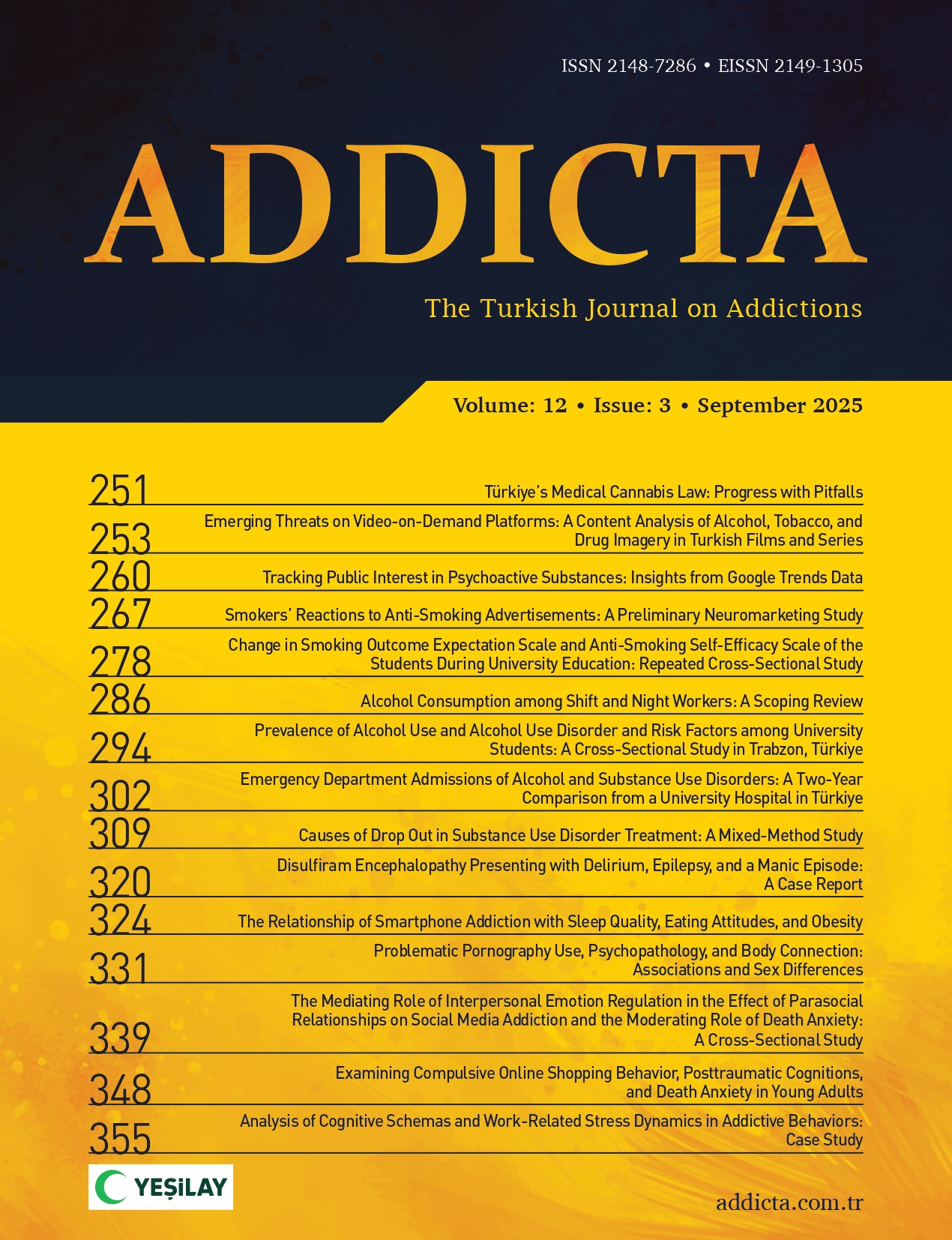In the last decade, the rate of increase in life expectancy has slowed down in many developed countries. This change shows that several risk factors that adversely affect life expectancy are effective. Among these countries, the rate of slowdown in the United Kingdom was higher than in other countries. In this context, the main purpose of the study is to determine the effect of nonmedical health indicators such as smoking, alcohol consumption, the prevalence of obesity in the total population, and average calorie consumed on life expectancy at birth in the United Kingdom, one of the most developed countries in the world. In the study, the effect of nonmedical health indicators for the periods 1996–2019 on life expectancy at birth was investigated. The relationship between the variables was examined using Johansen cointegration, error correction, and Granger causality tests. According to the findings obtained within the scope of the research, it was found that while the increases in alcohol use and smoking rates negatively affected the life expectancy expected at birth in the long term, the fact that people gained weight by eating more and consuming more calories positively affected the life expectancy at birth.
Cite this article as: Şenol, O., Sevim, F., & Akbulut, F. (2023). Cointegration analysis of the impact of nonmedical health indicators on life expectancy at birth in the United Kingdom. Addicta: The Turkish Journal on Addictions, 10(1), 45-51.

.png)


.png)
.png)